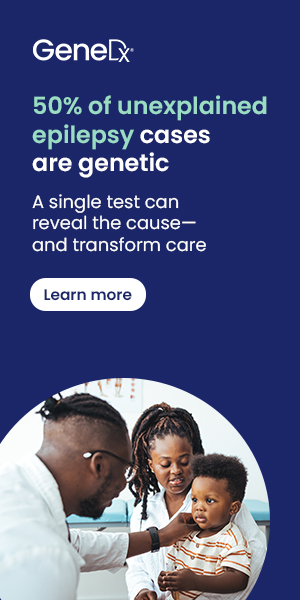The U.S. Food and Drug Administration (FDA) has approved Epioxa (riboflavin 5’-phosphate ophthalmic solution) for the treatment of patients with keratoconus.
Keratoconus is a rare eye condition characterized by the progressive thinning and weakening of the cornea. Common signs and symptoms of keratoconus include blurred or distorted vision, increased sensitivity to light and glare, frequency changes in eyeglass prescriptions, and sudden worsening or clouding of vision. Typical age of onset is late teens to 30 years of age. The underlying cause of disease is unknown. Epioxa is approved for patients ages 13 years and older.
Current management depends on stage of disease but may include correction of vision problems with glasses or soft contact lenses, rigid, gas permeable contact lenses or scleral lenses, and eventually, cornea transplant. Corneal collagen cross-linking may also help slow or stop progression of keratoconus and prevent the need for cornea transplant.
Epioxa is an incision-free alternative to traditional corneal cross-linking procedures and does not require the removal of corneal epithelium. It is an oxygen-enriched topical therapy that is bioactivated by UV light and is designed to eliminate the pain associated with removal of corneal epithelium, streamline the procedure, and minimize recovery. Epioxa is based on two formulations, Epioxa HD and Epioxa, that are sequentially administered during the cross-linking procedure.
The FDA approval follows results from two prospective, randomized, multicenter, double-masked, phase 3 pivotal trials that enrolled over 400 patients. Both trials were successful in meeting their primary efficacy endpoints and demonstrated favorable tolerability and safety profiles. The treatment is expected to be available in early 2026.
For more information, click here.
To learn more about keratoconus and other rare eye conditions, visit https://checkrare.com/diseases/ophthalmology-eye-diseases/

